Mastering Personal Budgeting: Tips and Strategies to Take Control of Your Finances
In today’s fast-paced world, mastering personal budgeting is crucial for achieving financial stability and reaching your financial goals. A well-structured budget not only helps you manage your money effectively but also provides a roadmap for building wealth and securing your financial future. This comprehensive guide will explore essential tips and strategies to help you take control of your finances and master personal budgeting.
Understanding Personal Budgeting
Before diving into specific tips and strategies, it’s important to understand what personal budgeting entails. At its core, personal budgeting involves tracking your income and expenses to ensure that you live within your means. It helps you allocate your money toward various financial goals, such as saving for retirement, paying off debt, or building an emergency fund.
The Importance of Budgeting
- Financial Control: Budgeting provides a clear picture of where your money is going, allowing you to make informed decisions about your spending and saving habits.
- Goal Achievement: With a budget, you can set specific financial goals and create a plan to achieve them, whether it’s saving for a vacation, purchasing a home, or investing in education.
- Debt Management: A budget helps you identify areas where you may be overspending, which can be crucial for reducing and managing debt.
- Stress Reduction: Knowing that you have a plan in place for your finances can alleviate stress and provide peace of mind.
How to Adjust Your Budget for Life Changes: A Comprehensive Guide
Steps to Create an Effective Budget
Creating an effective budget involves several key steps. Follow these guidelines to develop a budget that works for you:
1. Assess Your Financial Situation
Start by evaluating your current financial situation. This includes:
- Calculating Your Income: Determine all sources of income, including your salary, bonuses, freelance work, and any other earnings. Be sure to use your net income (after taxes) for accuracy.
- Listing Your Expenses: Track your monthly expenses, including fixed costs (rent/mortgage, utilities, insurance) and variable costs (groceries, entertainment, dining out). Review bank statements and receipts to get a comprehensive view.

2. Categorize Your Expenses
Divide your expenses into categories to better understand your spending habits. Common categories include:
- Essential Expenses: Rent/mortgage, utilities, groceries, transportation, insurance, and healthcare.
- Discretionary Expenses: Dining out, entertainment, hobbies, and non-essential shopping.
- Savings and Investments: Retirement contributions, emergency fund, and other savings goals.
3. Set Financial Goals
Define your short-term and long-term financial goals. Short-term goals might include saving for a vacation or paying off a credit card, while long-term goals could involve buying a house or funding your child’s education. Setting specific, measurable, achievable, relevant, and time-bound (SMART) goals will help you stay focused and motivated.
4. Create Your Budget Plan
Based on your income, expenses, and financial goals, create a budget plan. There are several methods to choose from:
- Zero-Based Budgeting: Allocate every dollar of your income to specific expenses or savings, ensuring that your income minus expenses equals zero. This method helps you control spending and prioritize saving.
- 50/30/20 Rule: Allocate 50% of your income to needs (essentials), 30% to wants (discretionary spending), and 20% to savings and debt repayment. This simple approach provides a balanced way to manage your finances.
- Envelope System: Use physical or digital envelopes to allocate cash for different spending categories. Once the envelope is empty, you cannot spend any more in that category until the next budgeting period.
5. Monitor and Adjust
Regularly review and adjust your budget to stay on track. This involves:
- Tracking Your Spending: Use budgeting apps or spreadsheets to monitor your expenses and compare them to your budgeted amounts. This will help you identify areas where you may be overspending or underspending.
- Revising Your Budget: Life circumstances and financial goals can change, so adjust your budget as needed. For example, if you receive a raise or experience a major expense, update your budget to reflect these changes.
How to Effectively Budget for Unexpected Expenses – Tips and Strategies
Tips for Effective Budgeting
To master personal budgeting, consider implementing the following tips:
1. Use Budgeting Tools
Leverage technology to simplify budgeting. There are numerous apps and software available that can help you track your expenses, set financial goals, and create visual representations of your budget. Some popular options include:
- Mint: A free app that tracks your spending, categorizes expenses, and provides insights into your financial habits.
- YNAB (You Need a Budget): A budgeting tool that emphasizes the zero-based budgeting method and helps you allocate every dollar to a specific purpose.
- PocketGuard: An app that shows how much disposable income you have after accounting for bills, goals, and necessities.
2. Automate Your Savings
Automate your savings to ensure you consistently contribute to your financial goals. Set up automatic transfers from your checking account to your savings account or retirement fund. Automating your savings helps you avoid the temptation to spend the money and ensures that you’re consistently working toward your goals.
3. Review and Cut Unnecessary Expenses
Regularly review your expenses and identify areas where you can cut back. Common areas for potential savings include:
- Subscription Services: Evaluate whether you need all your current subscriptions and memberships. Cancel any that you no longer use or can live without.
- Dining Out: Reduce the frequency of dining out or take advantage of promotions and discounts.
- Impulse Purchases: Avoid making spontaneous purchases by implementing a cooling-off period. Wait 24 hours before buying non-essential items to ensure they align with your budget.
4. Build an Emergency Fund
An emergency fund is crucial for handling unexpected expenses, such as medical bills or car repairs. Aim to save three to six months’ worth of living expenses in a separate, easily accessible account. This fund will provide a financial cushion and prevent you from dipping into your savings or going into debt during emergencies.
5. Stay Disciplined and Patient
Mastering personal budgeting requires discipline and patience. Stick to your budget and resist the urge to deviate from your plan. Remember that financial success is a long-term process, and making consistent, mindful decisions will pay off over time.
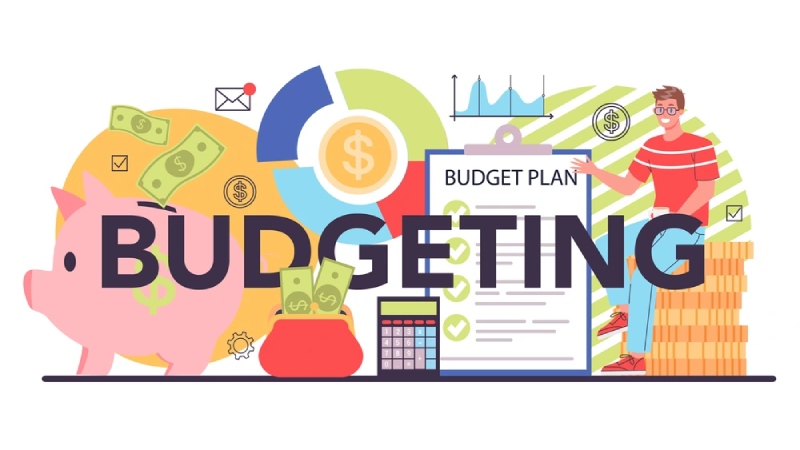
Common Budgeting Pitfalls to Avoid
While budgeting can greatly improve your financial situation, there are common pitfalls to watch out for:
1. Inaccurate Tracking
Failing to accurately track your income and expenses can lead to budgeting errors. Ensure that you record all sources of income and every expense, no matter how small. Use reliable tools and apps to help with accurate tracking.
2. Overly Restrictive Budgets
Creating an overly restrictive budget can be counterproductive and lead to frustration. While it’s important to be disciplined, ensure your budget allows for some flexibility and discretionary spending. A balanced approach helps you stay motivated and prevents burnout.
Money-Saving Tips for Different Income Levels | Find the Best Strategies for Your Budget
3. Neglecting to Review and Adjust
Your financial situation and goals can change over time, so it’s essential to regularly review and adjust your budget. Failing to update your budget can lead to misalignment with your current financial reality and goals.
4. Ignoring Debt Repayment
Debt repayment should be an integral part of your budget. Allocate funds toward paying off high-interest debt and prioritize reducing outstanding balances. Ignoring debt can hinder your financial progress and lead to increased interest payments.
Mastering personal budgeting is a powerful tool for taking control of your finances and achieving your financial goals. By assessing your financial situation, setting clear goals, creating a budget plan, and staying disciplined, you can effectively manage your money and build a solid financial foundation. Remember that budgeting is an ongoing process, and regularly reviewing and adjusting your budget will help you stay on track and adapt to changing circumstances.
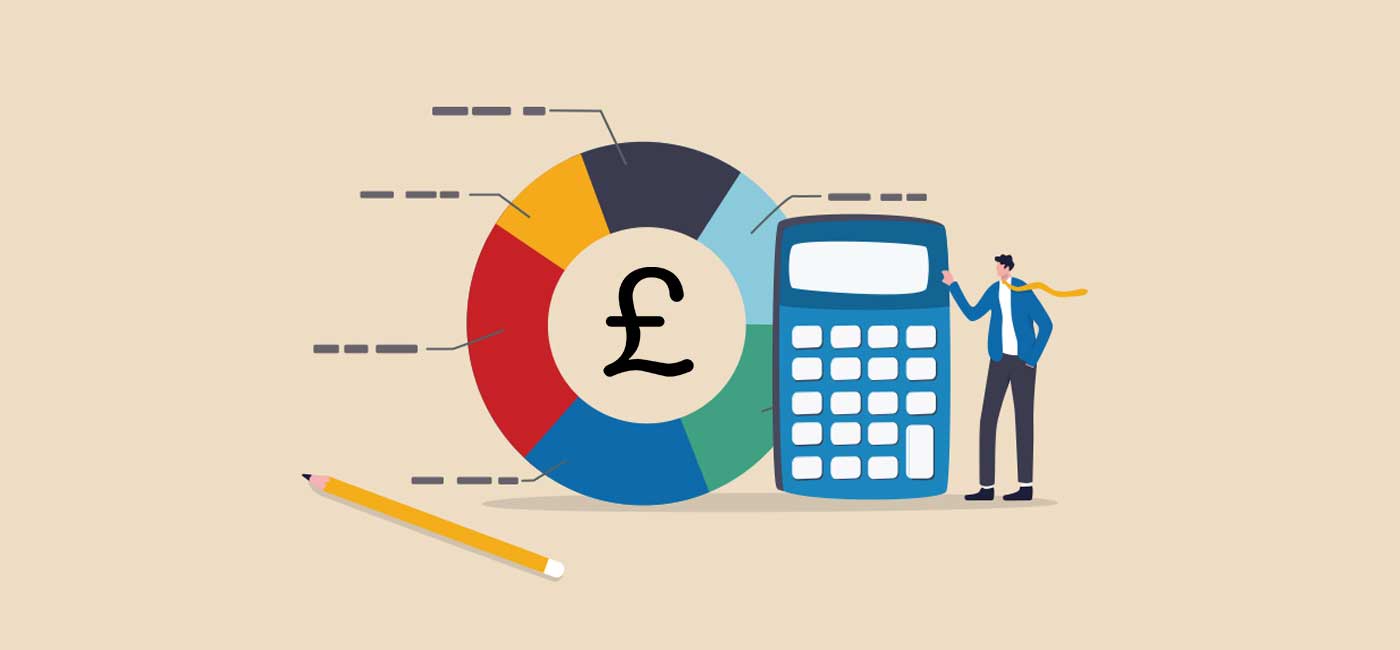
With these tips and strategies, you’ll be well-equipped to take control of your finances and embark on a path to financial success. Start today, and take the first step toward mastering personal budgeting and securing your financial future.
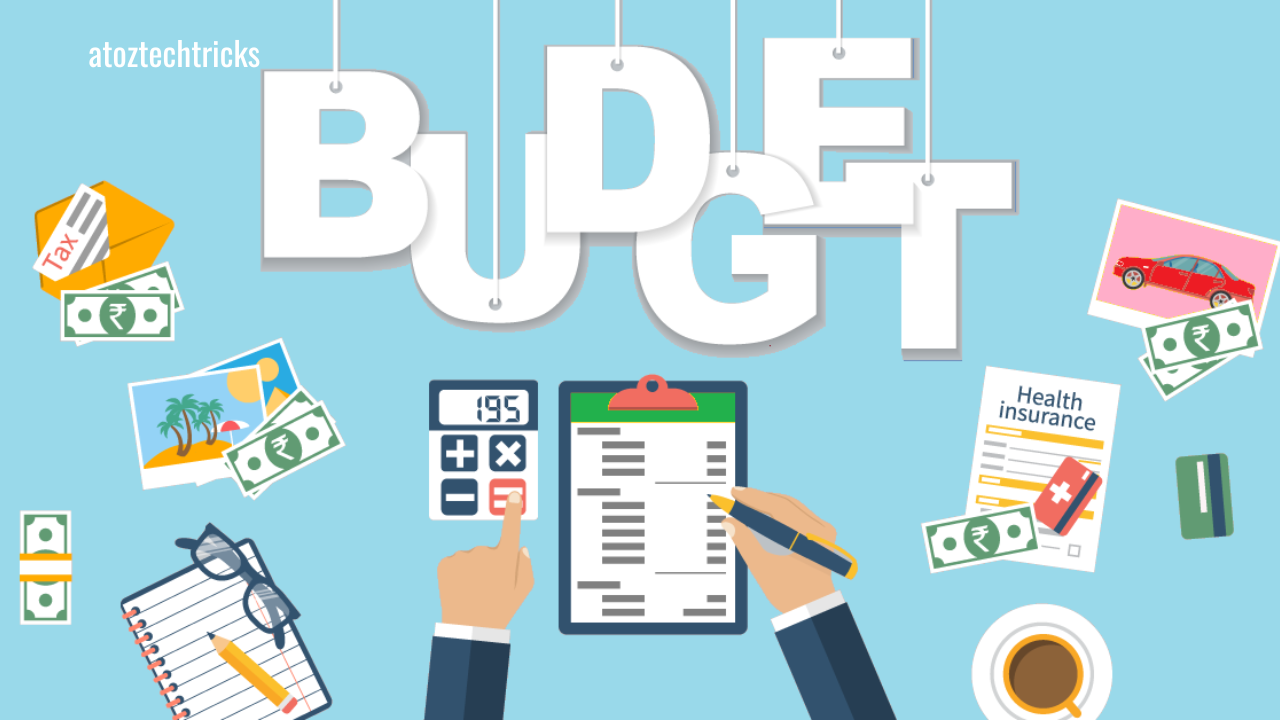
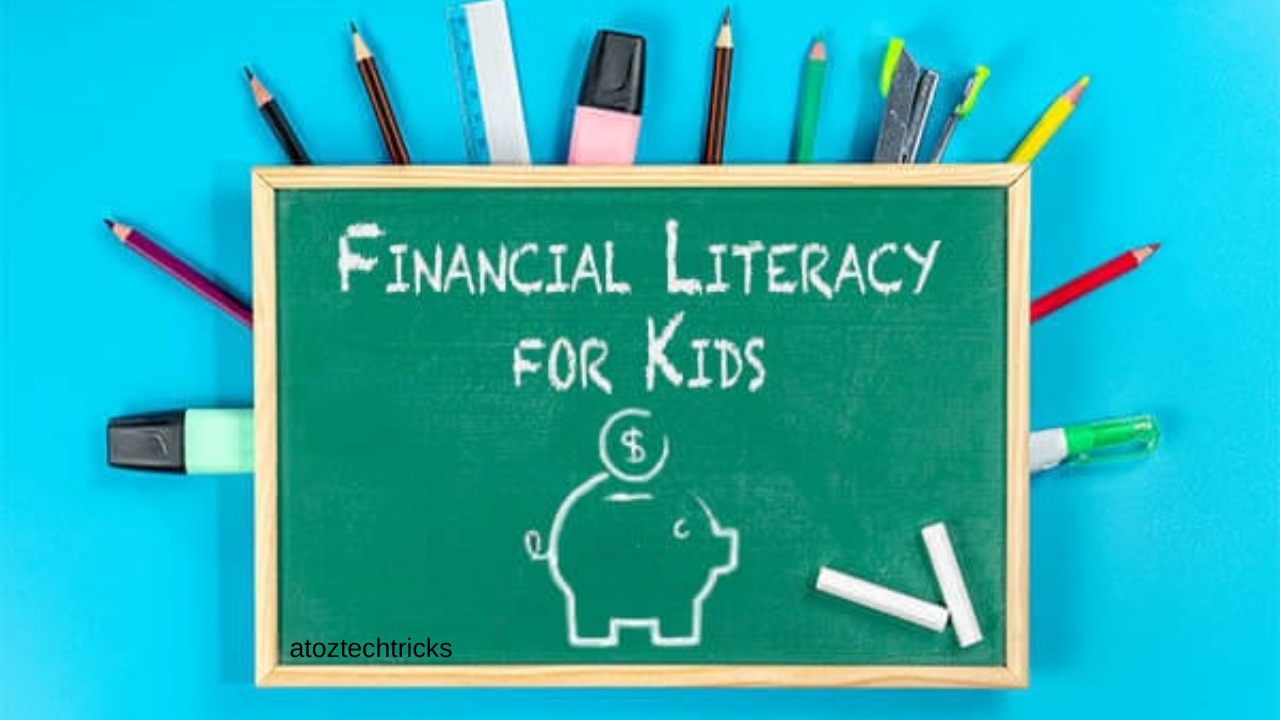
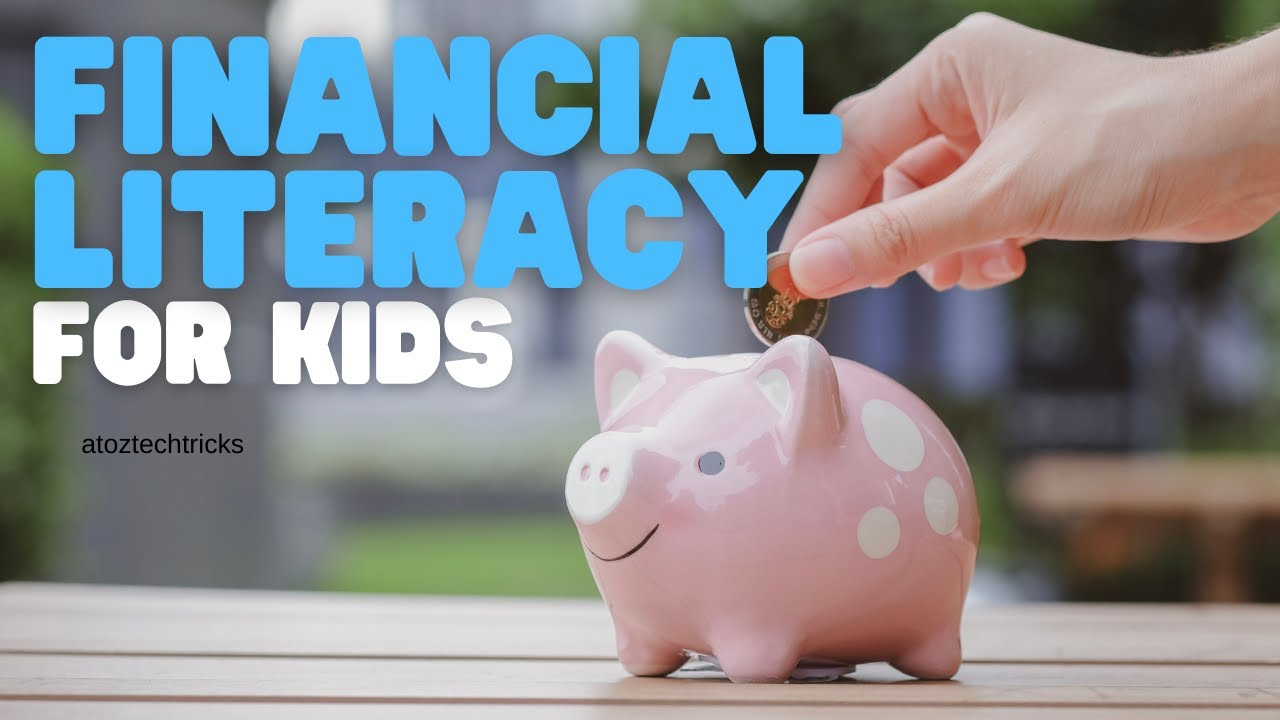

Post Comment